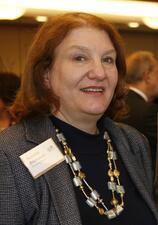Philanthropy and Volunteerism: Philanthropy
Margaret Seligman Lewisohn
Margaret Seligman Lewisohn—education advocate, philanthropist, art collector, and college trustee—did not just give generously to education causes. As the head of the Public Education Association, Lewisohn helped make the community as passionate about education as she was.
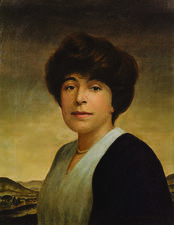
Adeline Moses Loeb

Lisa Loeb
Fannie Eller Lorber
When her community became a mecca for adults suffering from tuberculosis, Fannie Eller Lorber created a Jewish children’s home for those who had no one else to care for them. Lorber epitomized the volunteer spirit of urban Jewish women in the American West.
Minnie Dessau Louis
Minnie Low
Known as the “Jane Addams of the Jews,” Minnie Low was a leader in the Jewish social service community. At a time when social work usually meant wealthy people donating to the poor, Low pushed for new kinds of aid such as vocational training and loans that made the needy self–sufficient.
Regina Margareten
Regina Margareten was hailed as the “Matzah Queen” and the “matriarch of the kosher food industry” for both her business sense and her innovations to improve the quality of her products.
Etta Wedell Mastbaum
Etta Wedell Mastbaum was the scion of a prominent nineteenth- and twentieth-century Philadelphia family. A philanthropist, department store executive, art collector, and director of a national chain of motion picture theaters, Mastbaum donated a collection of Rodin sculptures and ephemera to the city of Philadelphia.
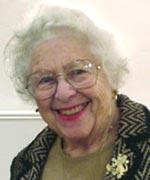
Florence Zacks Melton
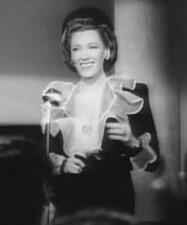
Helen Menken
One of the finest actors of her day, as well as a producer and a philanthropist, Helen Menken devoted her entire life to the American theater. While she was known for playing a lesbian in The Captive, for which she was arrested during a performance, and her role as Elizabeth I in Mary of Scotland, her biggest contribution to theater was creating the 1942–1946 Stage Door Canteen through the American Theater Wing, in which Broadway stars performed for service people.

Idina Menzel
Linda Rosenberg Miller
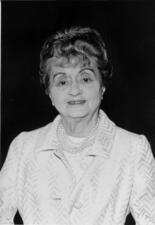
Lucy Goldschmidt Moses
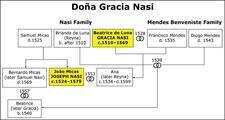
Doña Gracia Nasi
Doña Gracia Nasi was the embodiment of passionate solidarity among exiles. As a young woman she inherited her husband’s fortune, and fled from Lisbon to Venice to Ferrara, where her family lived openly as Jews for the first time. In Constantinople, she assumed a role of leadership in the Sephardi world of the Ottoman Empire.
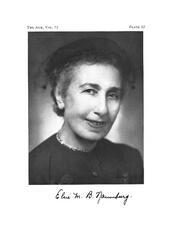
Elsie Margaret Binger Naumburg
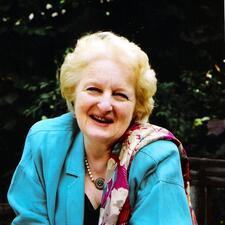
Julia Neuberger
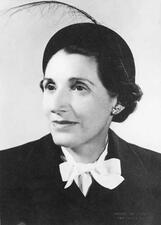
Estelle Newman
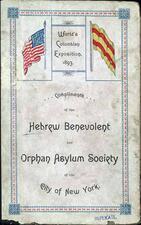
Orphanages in the United States
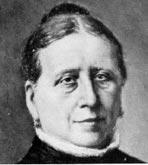
Rosanna Dyer Osterman
Rosanna Dyer Osterman’s supplies helped travelers explore the western frontier, but it was her life-saving efforts as a nurse for which she was best remembered.
Mollie Parnis
Mollie Parnis’s wit and fashion-savvy made her clothing designs a must during her tenure as a fashion legend. Parnis was equally famed for her New York salons that welcomed literary and political giants and for her fashion designs that adorned first ladies.
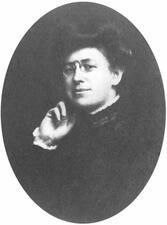
Philanthropy in the United States
In the United States, Jewish women’s philanthropy generally occurred through three main types of organizations: autonomous women’s organizations, women’s organizations that included some men, and women’s auxiliaries of male-dominated groups. In recent decades, changes in Jewish philanthropy and in gender roles have influenced contemporary styles of Jewish women’s philanthropy.
Ellen Phillips
Rebecca Machado Phillips
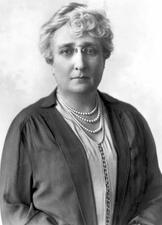
Rosalie Solomons Phillips
